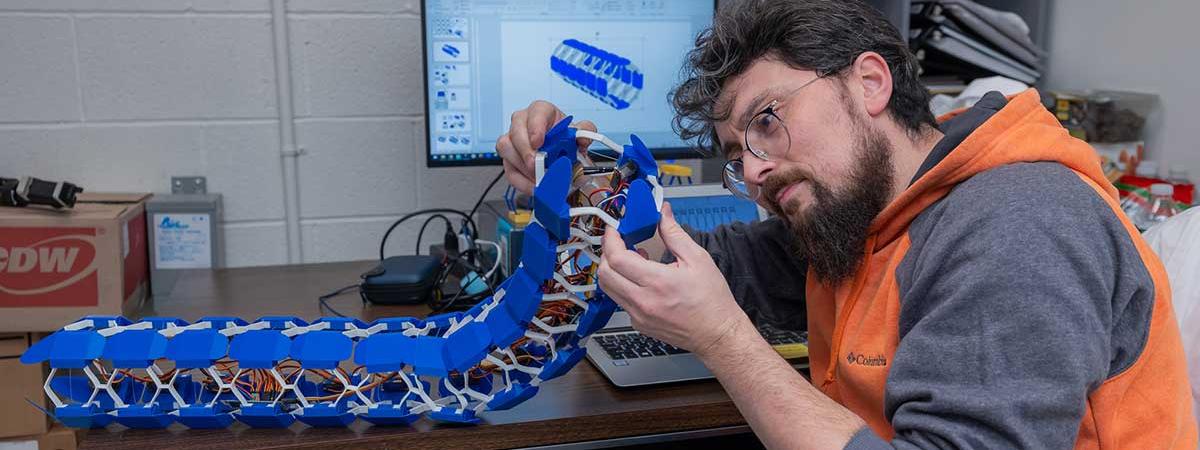At Case Western Reserve University, you can pursue a graduate degree in any one of Case School of Engineering’s eight academic departments. Each of our graduate programs offers the option to complete a professional track or a research track.
To learn more about the requirements of each track, navigate to the provided departmental site or contact a program representative.
Note: All graduate admissions are administered through the School of Graduate Studies. Learn more about the admissions process for graduate students.
*Programs marked with an asterisk can be completed 100% online.
Master of Science
Master of Engineering
Graduate-level Options
Unsure you can commit to a full-time, on-campus degree program? At Case School of Engineering, we offer numerous alternatives designed to help you accelerate your goals on your schedule.


